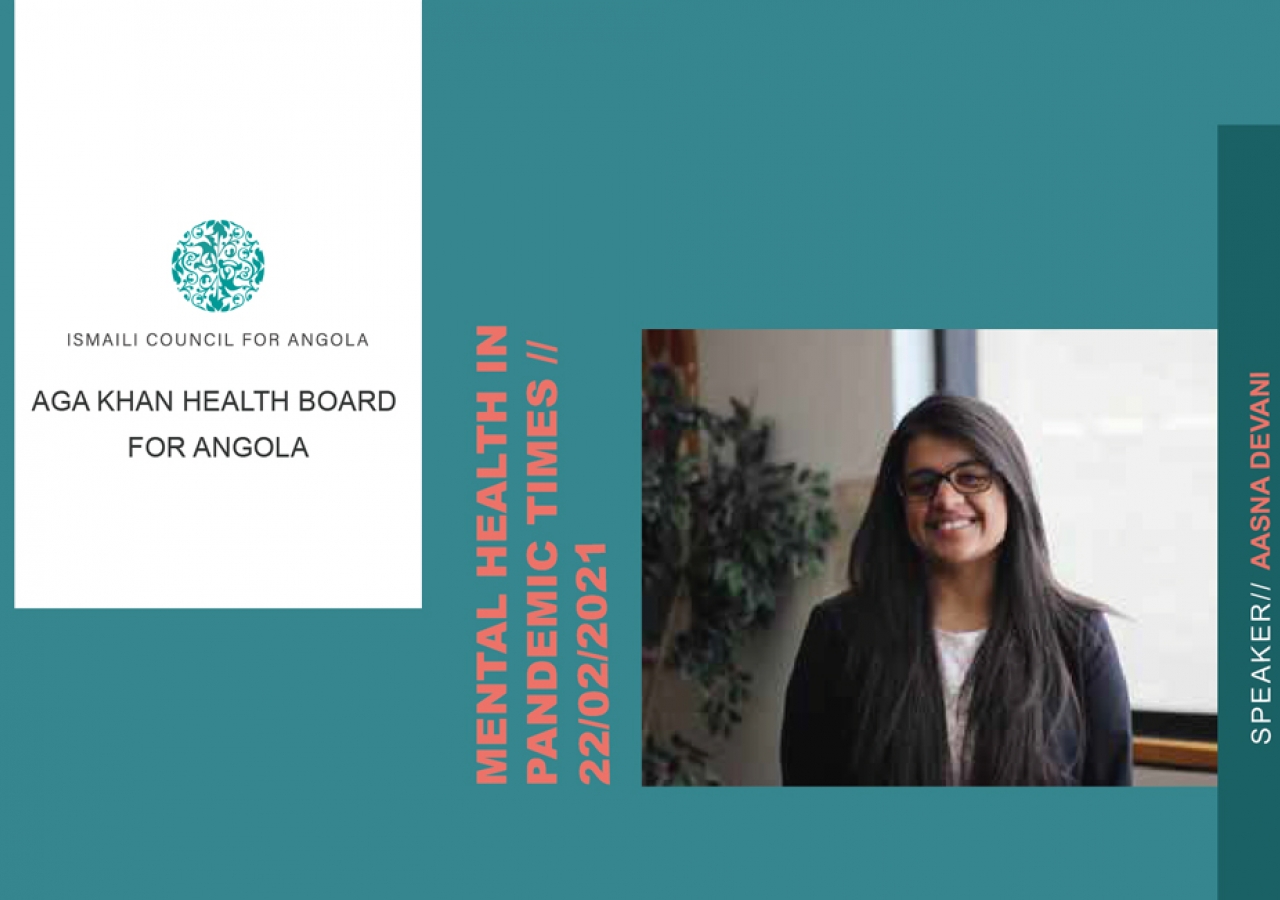Mental health includes our emotional, psychological, and social well-being. It affects how we think, feel, and act. It also helps determine how we handle stress, relate to others, and make choices. Mental health is important at every stage of life, from childhood and adolescence through adulthood.
Fear, worry, and stress are normal responses to perceived or real threats, and at times when we are faced with uncertainty or the unknown. So, it is normal and understandable that people are experiencing fear in the context of the COVID-19 pandemic.
Added to the fear of contracting the virus in a pandemic such as COVID-19 are the significant changes to our daily lives as our movements are restricted in support of efforts to contain and slow down the spread of the virus. Faced with new realities of working from home, temporary unemployment, home-schooling of children, and lack of physical contact with other family members, friends and colleagues, we must look after our mental, as well as our physical, health.
In an attempt to help bring the Jamat together to understand these challenges and ways to cope with them, a webinar was held on Monday, 22nd February to discuss COVID-19 related mental health stressors for parents and children, ways to cope with these stressors followed by a discussion where everyone had the opportunity to share any challenges they may be facing.
One of the themes discussed was children and Covid-19 and some pointers were given:
• Maintain familiar routines as much as possible, or create new ones, especially if you must stay at home.
• Discuss the new coronavirus with your children honestly, using age-appropriate language.
• Support your children with at-home learning and make sure time is set aside for play.
• Help children find positive ways to express feelings such as fear and sadness. Sometimes engaging in a creative activity, such as playing or drawing, can help you with this process.
• Help children stay in contact with friends and family members through telephone and online channels.
• Make sure that your children have time away from screens every day and spend time doing off-line activities together.
• Do something creative: draw a picture, write a poem, build something. Bake a cake. Sing or dance, or play in your garden, if you have one.
• Try and ensure that your children do not spend significantly more time than usual on video games.
For adults:
• Keep in regular contact with loved ones, for example by telephone, e-mail, social media, or video conference.
• Keep regular routines and schedules as much as possible for eating, sleeping, and activities you enjoy.
• Learn simple daily physical exercises to do at home when in quarantine so you can maintain mobility.
The purpose of this seminar was to facilitate a conversation around mental health and to help bring everyone together to help and support each other through these trying times.
Around 60 people were present as methods of calming down and strategies to better face these challenges were also discussed.







